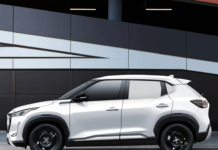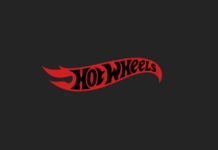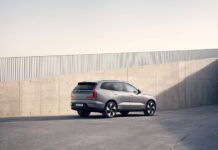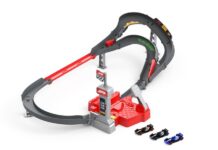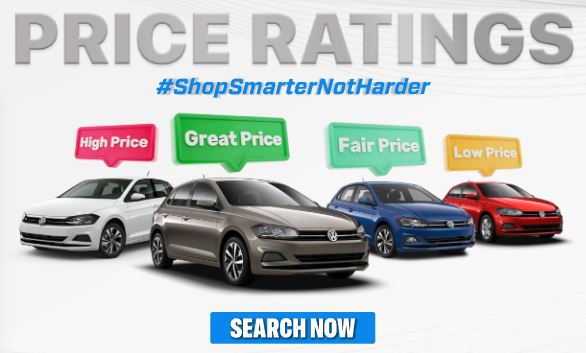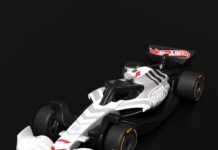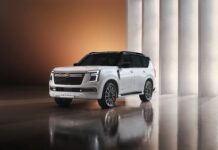The recent petrol hike marks the eighth official increase for South Africans this year. Unfortunately, petrol hikes are beyond our control, but one thing consumers can consider is buying a fuel-efficient vehicle as a means to save money. Practicing good driving habits is another.
The upcoming five-day WesBank Fuel Economy Tour, in partnership with FNB, will provide motorists with definitive car fuel consumption figures amongst a selection of car brands, as well as recommended travelling times between major centres in the country to help motorist get more value from a tank of fuel
The Fuel Economy Tour, planned for standard production passenger cars and light commercials, is scheduled to take place from 12 – 16 November 2019 and will involve a five-day drive on major roads from Johannesburg to Cape Town via Durban, East London, Port Elizabeth, and George, with a total combined distance of 2500km.
“The tour is dedicated to obtaining realistic fuel consumption figures over a significant distance on roads well-travelled by South African motorists and transport companies, thus it is important for us to partake in this tour which is ultimately to the benefit of the consumer”, says WesBank Head of Motor, Ghana Msibi.
WesBank suggests the following useful tips to help motorists be greener and more fuel-efficient drivers.
Drive smoothly
Aggressive driving such as rapid acceleration, speeding and braking can lower your fuel mileage significantly. So, accelerate smoothly, brake softer and earlier, and stay in one lane while it’s safe to do so. Not only do these driving techniques save fuel, they also prolong the life of your brakes and tyres.
Slow down
Speeding wastes fuel. Aim for a constant speed. Driving at 90 km/h instead of 100 km/h can improve your fuel efficiency by 10-15 percent. Pumping the accelerator sends more fuel into the engine, emptying the tank faster.
No idling
Today’s engines don’t need a warm up. Start the car immediately and gently drive away. Don’t leave your car idling. Prolonged idling increases emissions and wastes fuel. Turn the engine off whenever it is safe to do so, such as when stationary for more than 30 seconds, this avoids unnecessary energy consumption of an idle running engine.
Remove unnecessary cargo
Reducing the amount of cargo you keep in your boot or on your back seat can improve your fuel efficiency as less energy is needed for acceleration. Try to travel as light as possible, keep only the most important items (like an emergency kit, jumper cables, a small toolset, and a small jack) in the vehicle.
Only use A/C on the highway
Your fuel economy drops by up to 15 percent when you use the air conditioner at low speeds. So, if it isn’t too hot, turn off the air conditioner and roll down your windows instead. However, at 90 km/h or higher, using the air conditioner is preferable to opening windows because your vehicle has much lower wind resistance with the windows closed; and because the engine produces more power at higher revs, so it is able to run accessories like the A/C compressor more efficiently.
Provided by Wesbank






